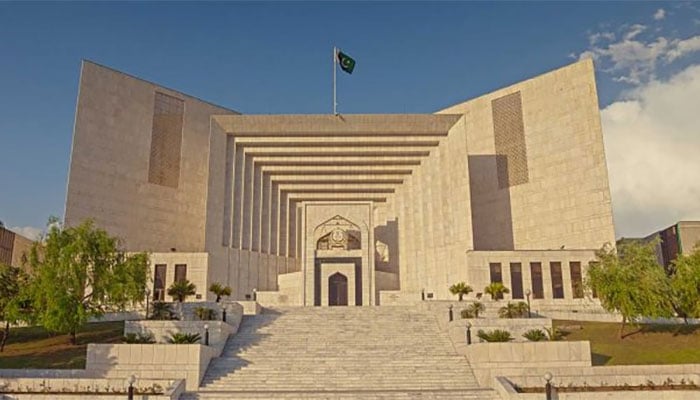In a recent development, the Supreme Court accepted the apologies tendered by lawmakers Faisal Vawda and Mustafa Kamal for their previous tirades against the judiciary. However, the court also cautioned them against further transgression, emphasizing that a mere apology may not be acceptable in case of repeated offenses. The three-member bench, led by Chief Justice of Pakistan (CJP) Qazi Faez Isa, resumed the hearing of the contempt case against the lawmakers and issued show-cause notices to 34 media channels, expressing dissatisfaction with the explanations provided by 26 channels.
Earlier this year, a three-judge SC bench had issued contempt notices to independent Senator Vawda and Kamal, a member of Muttahida Qaumi-Movement—Pakistan (MQM-P), for making what the court termed as “malicious” allegations against the judiciary and the judges. The SC had also previously issued show cause notices to 34 television channels for airing the lawmakers’ remarks.
During the recent proceedings, Mustafa Kamal submitted an unconditional and unqualified apology, while Faisal Vawda requested the withdrawal of the contempt charges, explaining that he never intended to bring the judiciary into disrepute. Subsequently, Vawda also tendered an unconditional apology before the apex court, expressing deep regret for any harm that may have been caused by his actions.
Pl, watch video and subscribe to the channel.
The Supreme Court withdrew the show-cause notices against the lawmakers, but Justice Isa underlined the expectation that they stand by their statements and warned against any future transgressions. Additionally, the court expressed dissatisfaction with the explanations provided by the 26 TV channels and raised concerns about the lack of signatures from the channels’ representatives, ultimately leading to the issuance of show-cause notices to all the said channels.
The hearing also addressed the absence of a written response from the media organizations, with the court highlighting the necessity for responses to be signed by responsible officers of the channels. Despite the counsel’s argument that the absence of show-cause notices justified the lack of response, the court emphasized the importance of upholding legal procedures and accountability.
The exchanges in the court reflected a deepening focus on constitutional principles, press freedom, and the responsibilities of media organizations in the context of contempt of court cases. The discussions underscored the gravity of the situation and the court’s commitment to upholding legal standards and constitutional values.
















